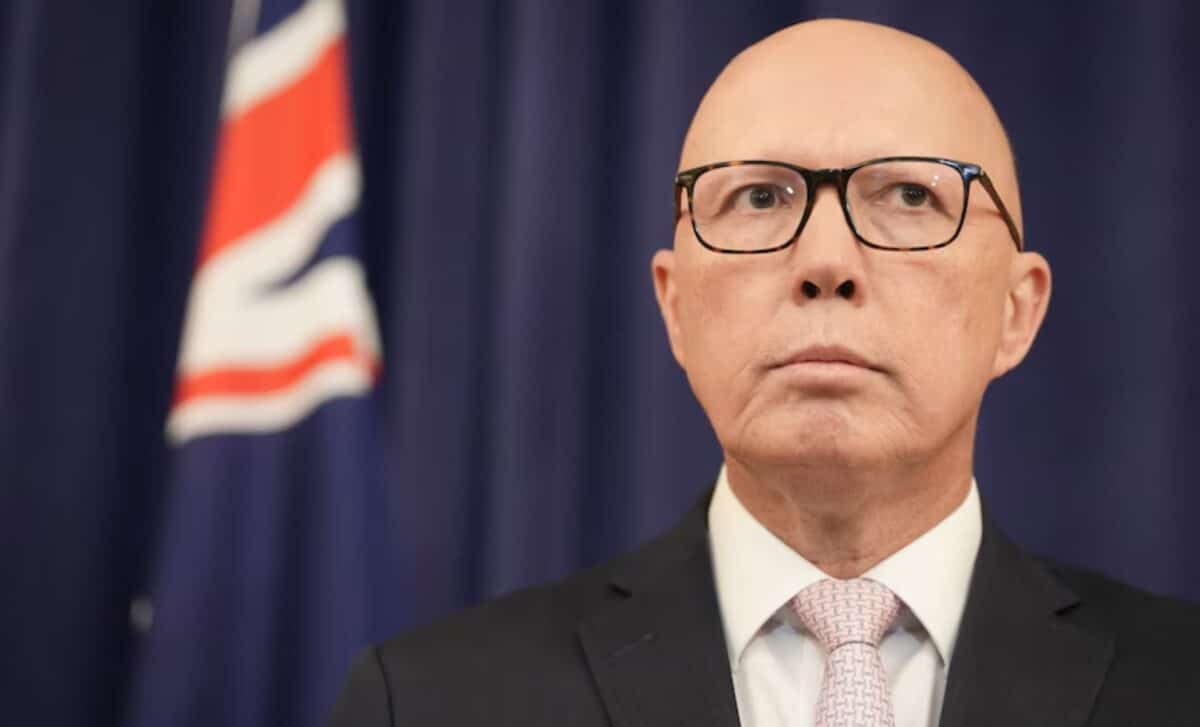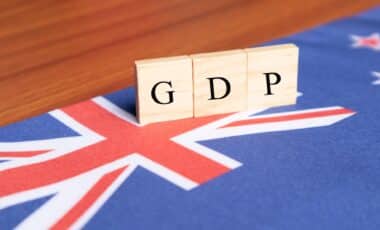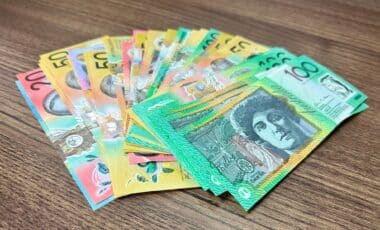Peter Dutton’s budget reply, delivered in the wake of the government’s proposed tax cuts, has placed a significant focus on reducing the federal excise on petrol, offering a one-year reprieve for Australian motorists. The proposal, while straightforward, has sparked debates about its long-term economic consequences.
Dutton’s plan to temporarily lower fuel taxes is seen by many as a direct appeal to cost-conscious voters in the lead-up to the 2025 election. The leader of the opposition, has framed the excise cut as a necessary move to ease the financial burden on Australian households struggling with rising living costs.
The cut, which will reduce the cost of petrol by 25 cents per litre for a year, is a clear response to growing public dissatisfaction with fuel prices. Despite its popularity among voters, critics argue that this measure risks exacerbating budget deficits and fails to address the root causes of Australia’s fiscal challenges.
A Short-Term Win, A Long-Term Concern
Dutton’s proposal to halve the petrol excise for one year is a politically charged decision, aimed at delivering immediate relief to Australians who rely heavily on their vehicles. According to analysts, the excise cut is an easy sell to voters, particularly in regional areas with limited access to public transport.
However, the move has raised concerns about its long-term sustainability. Experts warn that this temporary measure may do little to address the broader economic issues facing the country, such as rising inflation and public debt.
While the excise cut will likely provide some short-term relief, it does not come without significant trade-offs. Critics point out that such a move is costly, with the government potentially losing billions in revenue, which could impact the nation’s ability to fund essential services and infrastructure.
Moreover, there is little evidence to suggest that it will make a substantial difference in the long-term reduction of living costs for Australians, especially as global fuel prices remain volatile.
Petrol Tax Cuts and the Coalition’s Internal Struggles
Dutton’s push for a petrol excise cut is the latest chapter in a long-standing internal debate within the Liberal Party. Over the years, the Coalition has repeatedly faced pressure to reduce fuel taxes, especially during periods of high petrol prices.
However, the party has been divided on the issue, with some arguing that cutting taxes would be irresponsible given the budgetary challenges the country faces.
According to historical records, the Coalition’s position on petrol excise has shifted significantly over the years. Former Prime Minister John Howard, for example, initially opposed petrol tax cuts, only to reverse his stance when political pressure mounted.









